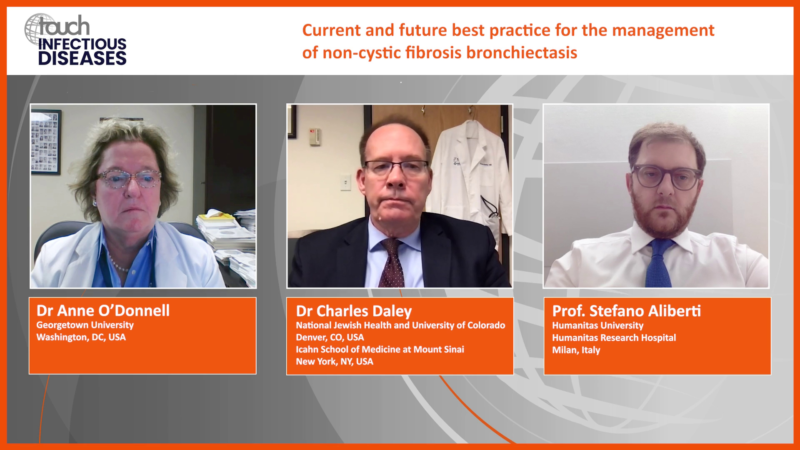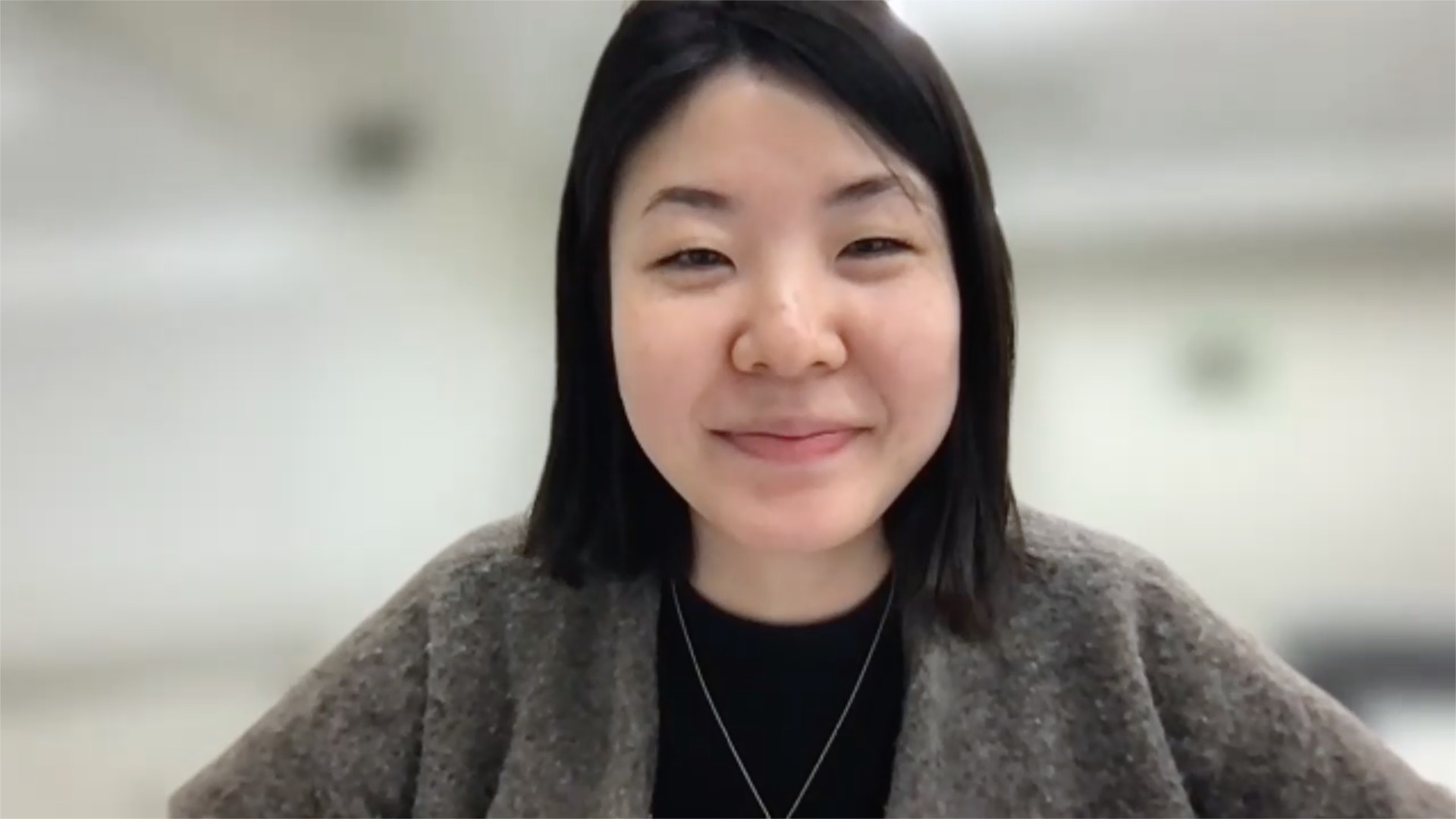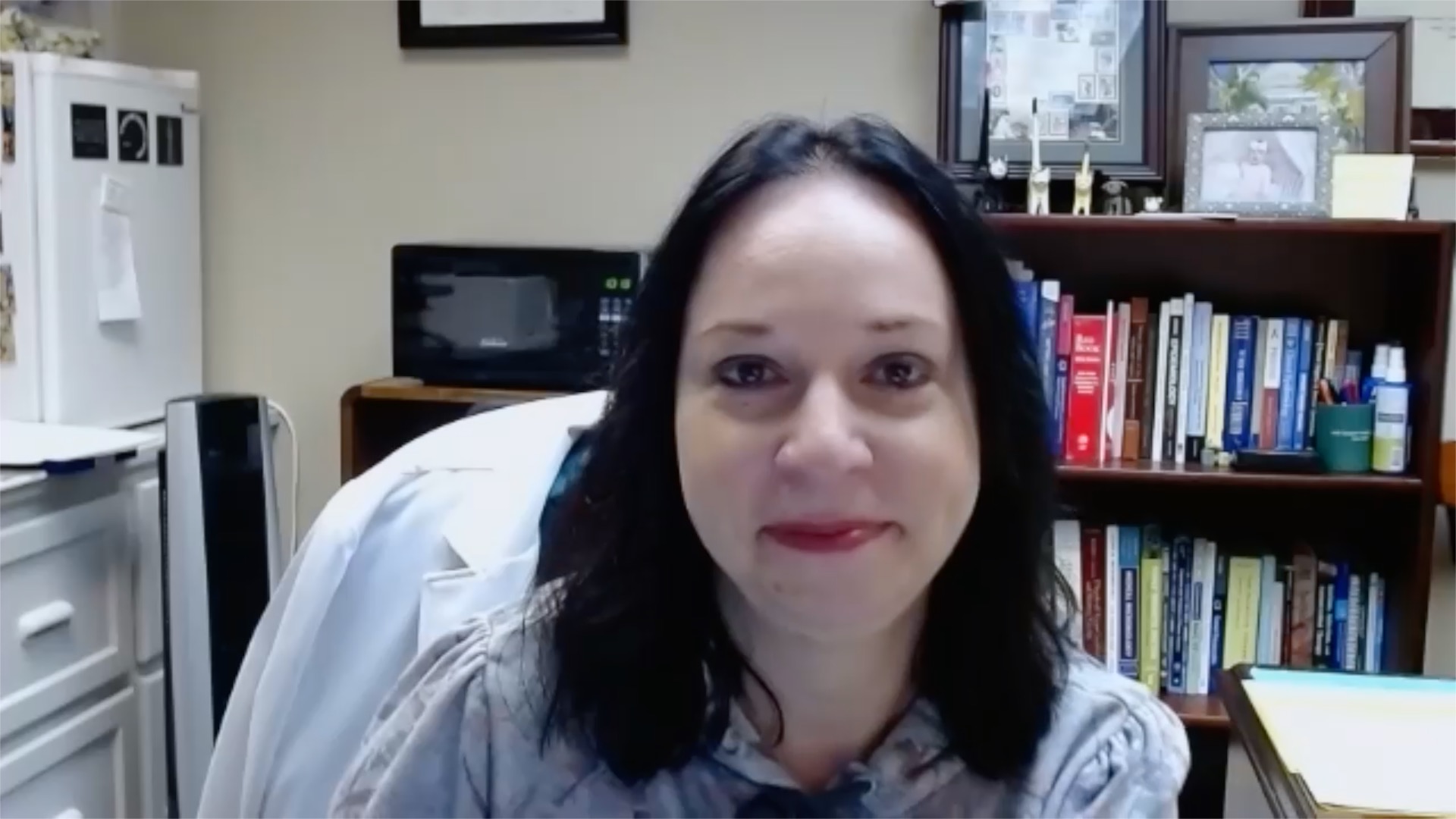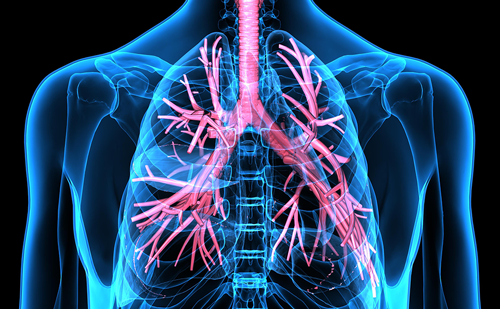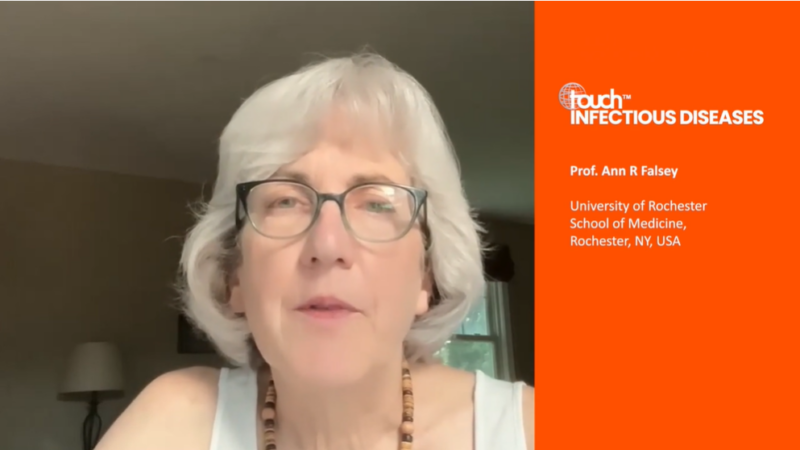Tutorial
These icons indicate there is something to be interacted with. Click it when you see it.
Tutorial
These icons indicate there is something to be interacted with. Click it when you see it.
Tutorial
These icons indicate there is something to be interacted with. Click it when you see it.
touchEXPERT OPINIONS
 Experts answer questions with in-depth advice on the current clinical landscape and how new therapies and guidance might impact regional clinical practice. Useful tips below will show how to navigate the activity.
Close
Experts answer questions with in-depth advice on the current clinical landscape and how new therapies and guidance might impact regional clinical practice. Useful tips below will show how to navigate the activity.
Close
 Experts answer questions with in-depth advice on the current clinical landscape and how new therapies and guidance might impact regional clinical practice. Useful tips below will show how to navigate the activity.
Close
Experts answer questions with in-depth advice on the current clinical landscape and how new therapies and guidance might impact regional clinical practice. Useful tips below will show how to navigate the activity.
Close
Vaccination strategies for pneumococcal disease: Update and perspectives on clinical need and impact
Learning Objectives
After watching this activity, participants should be better able to:
- Outline the need for next-generation vaccines to prevent invasive pneumococcal disease in vulnerable groups
- Evaluate the efficacy and safety data for next-generation pneumococcal vaccinations in adult and paediatric populations, including the resulting impact on public health
- Summarize the latest guidelines for pneumococcal vaccination in adult and paediatric populations
Overview
In this activity, Prof. Antoni Torres, a leading expert in respiratory infections, discusses the burden of pneumococcal disease in vulnerable patient populations, the evolving landscape of Streptococcus pneumoniae subtypes and the role that next-generation vaccines can play in preventing severe pneumococcal infections.
This activity is jointly provided by USF Health and touchIME. read more
Target Audience
Infectious disease specialists, pharmacists and primary care physicians involved in the management of patients at risk of pneumococcal disease.
USF Accreditation
Disclosures
USF Health adheres to the Standards for Integrity and Independence in Accredited Continuing Education. All individuals in a position to influence content have disclosed to USF Health any financial relationship with an ineligible organization. USF Health has reviewed and mitigated all relevant financial relationships related to the content of the activity. The relevant relationships are listed below. All individuals not listed have no relevant financial relationships.
Faculty
Prof. Torres discloses Speaker’s bureau fees from Byoversis, MSD, Paratek Pharma and Pfizer.
Content reviewer
Danielle Walker, DNP, APRN, AGNP-C has no financial interests/relationships or affiliations in relation to this activity.
Touch Medical Contributors
Adriano Boasso has no financial interests/relationships or affiliations in relation to this activity.
USF Health Office of Continuing Professional Development and touchIME staff have no financial interests/relationships or affiliations in relation to this activity.
Requirements for Successful Completion
In order to receive credit for this activity, participants must review the content and complete the post-test and evaluation form. Statements of credit are awarded upon successful completion of the post-test and evaluation form.
If you have questions regarding credit please contact cpdsupport@usf.edu
Accreditations
Physicians
This activity has been planned and implemented in accordance with the accreditation requirements and policies of the Accreditation Council for Continuing Medical Education (ACCME) through a joint providership of USF Health and touchIME. USF Health is accredited by the ACCME to provide continuing medical education for physicians.
USF Health designates this enduring material for a maximum of 0.75 AMA PRA Category 1 CreditTM. Physicians should claim only the credit commensurate with the extent of their participation in the activity.
Advanced Practice Providers
Physician Assistants may claim a maximum of 0.75 Category 1 credits for completing this activity. NCCPA accepts AMA PRA Category 1 CreditTM from organizations accredited by ACCME or a recognized state medical society.
The AANPCP accepts certificates of participation for educational activities approved for AMA PRA Category 1 CreditTM by ACCME-accredited providers. APRNs who participate will receive a certificate of completion commensurate with the extent of their participation.
Date of original release: 5 November 2024. Date credits expire: 5 November 2025.
If you have any questions regarding credit, please contact cpdsupport@usf.edu
EBAC® Accreditation
touchIME is an EBAC® accredited provider since 2023.
This programme is accredited by the European Board for Accreditation of Continuing Education for Health Professionals (EBAC®) for 0.75 hour of effective education time.
The Accreditation Council for Continuing Medical Education (ACCME®), and the Royal College of Physicians and Surgeons of Canada hold an agreement on mutual recognition on substantive equivalency of accreditation systems with EBAC®.
Through an agreement between the European Board for Accreditation of Continuing Education for Health Professionals and the American Medical Association (AMA), physicians may convert EBAC® CE credits to AMA PRA Category 1 CreditTM. Information on the process to convert EBAC® credit to AMA credit can be found on the AMA website. Other health care professionals may obtain from the AMA a certificate of having participated in an activity eligible for conversion of credit to AMA PRA Category 1 CreditTM.
Faculty Disclosure Statement/Conflict of Interest Policy
In compliance with EBAC® guidelines, all speakers/chairpersons participating in this programme have disclosed or indicated potential conflicts of interest which might cause a bias in the presentations. The Organizing Committee/Course Director is responsible for ensuring that all potential conflicts of interest relevant to the event have been mitigated and declared to the audience prior to the CME activities.
Requirements for Successful Completion
Certificates of Completion may be awarded upon successful completion of the post-test and evaluation form. If you have completed one hour or more of effective education through EBAC® accredited CE activities, please contact us at accreditation@touchime.org to receive your EBAC® CE credit certificate. EBAC® grants 1 CE credit for every hour of education completed.
Date of original release: 5 November 2024. Date credits expire: 5 November 2025.
Time to Complete: 47 minutes
If you have any questions regarding the EBAC® credits, please contact accreditation@touchime.org
You may also be interested in...

REGISTER NOW FOR FREE ACCESS TO
- 1000+ topical and insightful peer-reviewed journal articles
- 100+ hours of bite-sized congress highlights
- 10 major therapy areas packed with the latest scientific advances
- 150+ specialties offering learn-on-the-go medical education
- + Concise email updates and newsletters so you never miss out

Log into your Touch Account
Earn and track your CME credits on the go, save articles for later, and follow the latest congress coverage.
Sign up with an Email
Or use a .
This Functionality is for
Members Only
Explore the latest in medical education and stay current in your field. Create a free account to track your learning.









